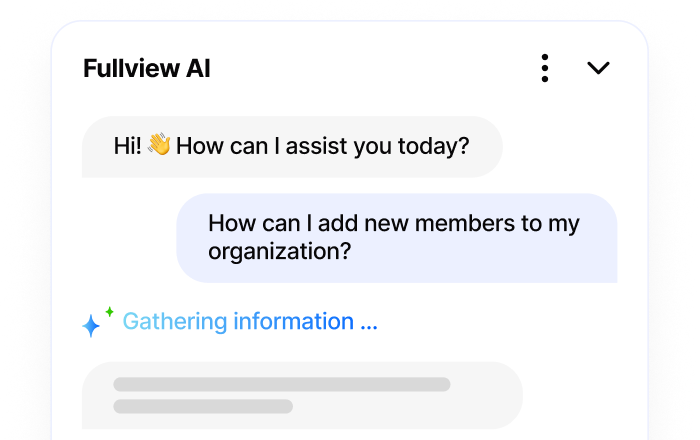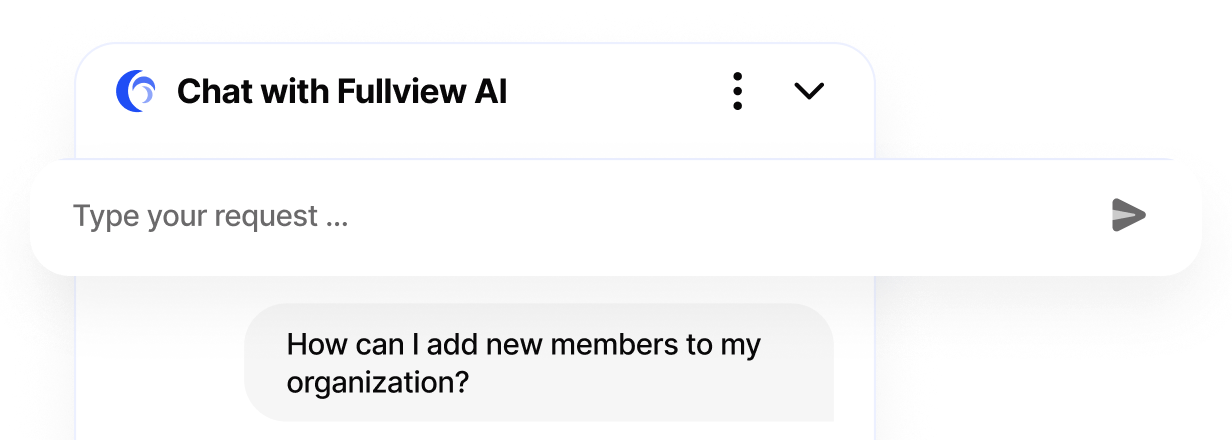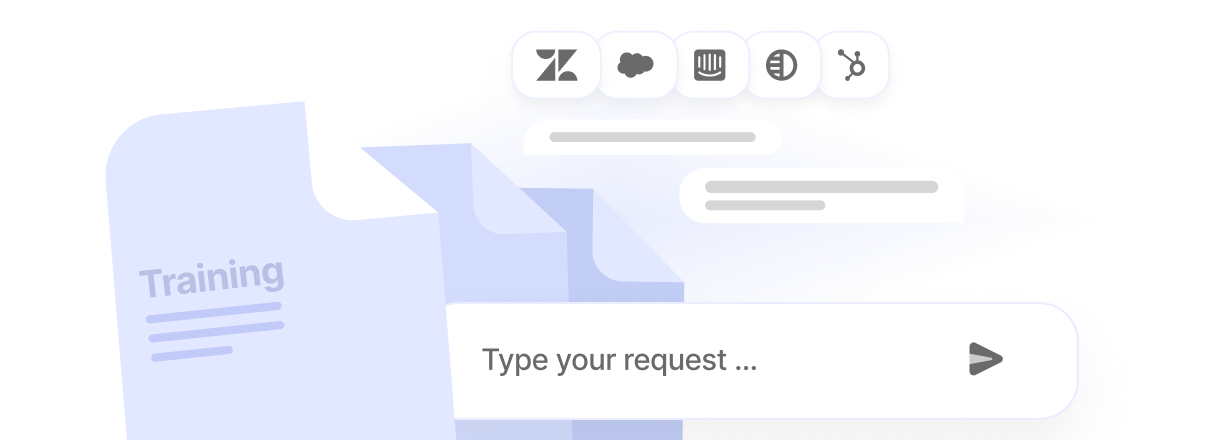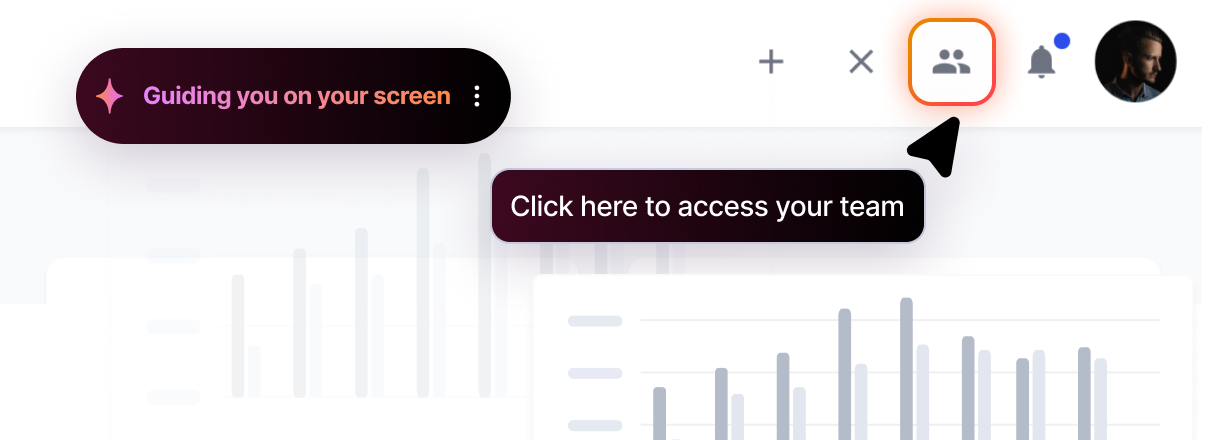Customer support is important to build strong relationships and loyalty. It's about solving problems and creating a positive, memorable experience that encourages customers to return and recommend the business to others. This approach aligns with Peter Drucker's perspective on the importance of customer creation and retention for business success.
According to a study by Salesforce, 72% of customers are likely to share their positive experiences with others.
Today, we’ll teach you the intricacies of managing a customer support team - a roadmap on how to manage customer service - to build a loyal customer base and boost revenue.
What is customer support management?
CSM involves managing and improving a company's customer support through tools, training, and daily assistance to ensure prompt, helpful, and positive customer interactions. It encompasses wide-ranging activities, including:
- Defining customer support goals and objectives
- Developing and implementing necessary policies and procedures
- Hiring, training, and motivating your customer support teams
- Selecting and implementing the right technology
- Measuring and monitoring key metrics
- Identifying and resolving customer issues
- Building and maintaining customer relationships
Why is customer support management important?
CSM is vital for business success as it affects customer satisfaction, retention, and revenue. High customer expectations and numerous business options make exceptional customer service essential. It's often the first contact point, significantly influencing customer perception of a company.
Here are a few reasons why CSM is important:
- Improves customer satisfaction: A well-managed customer support team quickly resolves issues, leading to higher satisfaction, increased customer loyalty, more recommendations, and positive reviews.
- Improves customer service efficiency: Efficient processes and proper technology enable customer support teams to resolve issues faster and more effectively, reducing wait times for customers and lowering company costs.
- Increases customer retention: Happy customers often remain loyal long-term. As per Bain & Company, retaining an existing customer costs 5-25 times less than acquiring a new one. Excellent customer service increases customer retention.
- Boosts employee engagement: Valued employees with the necessary resources are more motivated, leading to higher productivity, lower turnover, and better customer service. Companies with high employee engagement see revenue growth rates 2.5 times higher than those with low engagement, as per the Hay Group.
Check out these articles if you want to learn how to scale or structure a customer support team.
6 tips on how to manage your customer support team
Next, we'll discuss six practical strategies to build a high-performing customer support team, focusing on creating a customer-centric culture and exceptional experiences.
Implement the right tools
Providing your customer support team with appropriate tools is important for improving efficiency, productivity, and service quality. These tools can simplify workflows, automate routine tasks, and offer insights into customer behavior.
Here are some essential tools to consider:
- Cobrowsing: Cobrowsing tools like Fullview have transformed customer support by allowing agents to collaborate in real-time with customers. Agents can directly access a user's screen, guiding them through complex tasks for quicker, more effective issue resolution. Its browser-based setup avoids software installations and works across devices. Starting sessions is easy with unique IDs or URLs, enabling participants to join with just a click.
- Session replays: Apps like Fullview record customer interactions, letting agents review past sessions. For example, if a user struggles with a purchase, agents can replay their session to see their checkout process. This helps identify the issue's exact moment, allowing for tailored assistance and quick resolution.
- Live chat: Live chat tools facilitate real-time text-based communication between support agents and customers. This enables agents to quickly and efficiently respond to inquiries, offering immediate help and reducing wait times.
- Helpdesk: Helpdesk software offers a central platform to manage support tickets, emails, and other interactions. It helps agents organize and prioritize tasks, track progress, and ensure consistent customer service.
- Console logs: Console logs offer detailed records of system events and errors, enabling support agents to diagnose and troubleshoot technical issues effectively.
- Analytics tools: Metrics offer insights into customer support performance, facilitating data-driven decision-making. Key metrics to track include:
- First response time (FRT): The average time taken to respond to a customer's initial inquiry. A high FRT means your customers have to wait long periods before getting their first reply.
- Resolution time: The average time taken to resolve a customer's issue. Low-resolution time shows your team quickly solves inquiries.
- Customer satisfaction (CSAT): A measure of customer satisfaction with the support received.
- Customer effort score (CES): A measure of the effort required for a customer to resolve their issue.
Tracking these metrics helps customer support teams pinpoint improvement areas, optimize resource allocation, and provide exceptional customer experiences.
Motivate your team with goals and rewards
A motivated customer support team is more successful. Team members who feel appreciated and rewarded for their efforts are usually more engaged, productive, and willing to go the extra mile for customers.
This can be done in various ways, such as:
- Giving public praise
- Celebrating team successes
- Providing financial incentives
- Offering non-monetary rewards, such as gift cards or extra time off
Create comprehensive training materials
Providing your customer support team with proper knowledge and skills ensures consistent service. Comprehensive training prepares and empowers them to handle inquiries, resolve issues quickly, and encourage positive customer interactions.
A well-designed training curriculum should cover essential competencies needed for successful customer support. This includes:
- Product knowledge: Detailed knowledge of the company's products, features, and functionalities is crucial. Create detailed guidelines, templates, and scripts for common customer inquiries, troubleshooting, and escalation processes.
- Customer service skills: Information about effective communication techniques, conflict resolution strategies, and empathy-driven interactions.
- Technical troubleshooting: A guide to diagnosing and resolving technical issues related to the company's products or services for easy reference.
- Company policies and procedures: Clearly stated internal policies, guidelines, and escalation procedures so employees know what to do in every situation they encounter.
Provide opportunities for continuous development
Investing in employee development is key to long-term success. Providing discounts on courses, online platforms, and certifications shows commitment to their growth. It promotes continuous learning, enabling employees to improve their skills and expertise and contribute more to the organization's growth.
Measure your performance and iterate as necessary
Regular performance evaluations against key metrics help identify growth areas, optimize processes, and enhance the customer experience. Tracking these metrics reveals your team's strengths and weaknesses, allowing you to leverage strengths and address areas needing improvement with targeted strategies.
Some key metrics to track are:
- Support ticket volume: The number of customer support tickets received over a given period
- Average handle time (AHT): The average time it takes to resolve a customer support ticket. A low AHT means your agents are efficient
- First contact resolution rate (FCR): The percentage of customer support tickets resolved on the first contact. A high FCR means your support team fails to solve issues on the first try
- And the previously mentioned metrics like FRT, CSET, CES, resolution time, etc.
Conduct regular performance reviews and encourage self-evaluation
Self-assessment and performance reviews are key to cultivating a growth culture in customer support teams. Self-assessment promotes personal development ownership, while performance reviews offer structured feedback. These reviews allow managers to evaluate individual contributions, acknowledge achievements, and guide improvements.
Self-assessment motivates team members to own their professional growth. Reflecting on their performance, recognizing achievements, and acknowledging improvement areas enables them to proactively pursue development opportunities and continuously improve their skills and knowledge.
Conclusion
Invest continuously in tech, training, and growth to cultivate a high-performing customer support team. Implement these strategies for exceptional service, loyalty, and success.
Sources used:
Sources last checked on: 30-Nov-2023


.png)





.webp)
